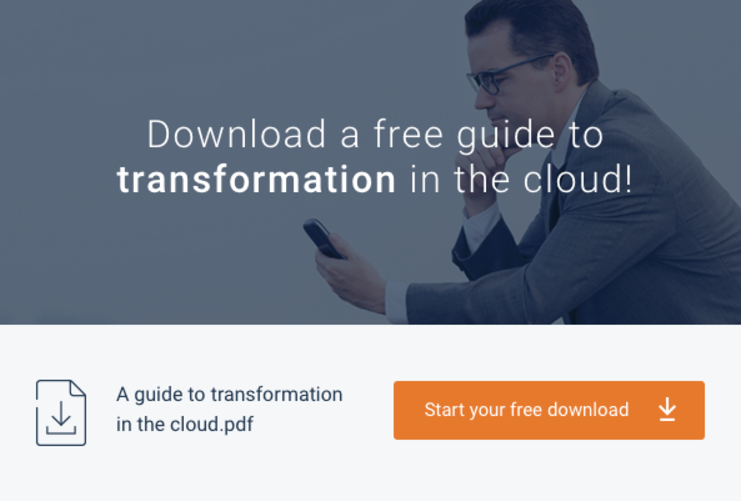What’s trending in the cloud and good for your business?
Cloud technologies are evolving quickly as more and more enterprises and companies transition at least some computing workloads into the cloud. You want to make sure your cloud service provider is at the forefront of these developments and can help you benefit from them. They should also be able to assist you in planning the computing, information protection, and data storage capabilities you need as your business changes and grows.
Here is a brief look at some cloud tech trends worth watching.
Containers and microservices simplify the cloud
Companies benefit from the ease of use, standardization, efficiency, and economy of containers and microservices to keep their cloud environments fully current with what the business needs.
Quickly finding widespread adoption, containers can greatly simplify the lives of developers and business managers relying on the cloud. In cloud speak, containers isolate applications built for the cloud from specific cloud platforms and infrastructures. They can therefore run in any cloud environment, which makes it easier to share and reuse them. The good news it that containerization from its very inception has always been highly standardized to make data and applications transferable and thereby more useful.
Containers make it possible to run microservices – well-defined, circumscribed tasks. Developers can easily build microservices, choosing from a variety of programming tools. Businesses can run these small workloads in any cloud environment they like. They can quickly be deployed, scaled, or shut down when no longer needed.
Companies are flocking to the hybrid cloud
When companies understand that there is no need to move all their computing workloads into the cloud at the same time, they can determine which work best in the cloud and which should remain on-premise. In many organizations, such relatively standard computing areas as HR, finance, sales, or distribution move to the cloud, while development and more specialized workloads often don’t.
Modern cloud technology makes it easy to integrate the cloud with on-premise technology and provide a unified, seamless user experience. By one measure, annual growth in the hybrid cloud between 2015 and 2019 is said to outpace the IT market overall by close to 30 percent.
Microsoft Azure is known for its effectiveness and versatility in supporting hybrid cloud environments, which are quickly becoming the first choice of many businesses. The modular architecture of Microsoft Dynamics 365, which lets you implement discrete workloads one at a time, makes it easier for you to act on your preferences for what capabilities should live in the cloud and which stay onsite.
Hyper-convergence combines all the cloud capabilities you need
In the hyper-converged cloud, technology providers bundle computing, storage, networking, and virtualization resources in a single, software-driven architecture. Hyper-converged cloud technology can be managed systematically, using just one set of tools. Nodes can be added to extend the functionality.
Hyper-converged cloud infrastructures save companies much of the work of implementing and integrating separate technologies and enable them to realize the benefits of the cloud sooner. Many companies are adopting hyper-convergence as the most efficient way to get their private, hybrid clouds running.
Run the most advanced enterprise software securely in the cloud
As the public cloud matures and becomes ever more secure and reliable, the risks of running business-critical software in the cloud are at an all-time low. You have more options than ever to secure your applications, data, and resources in the cloud, adding to the layers of security provided by your cloud vendor.
Many companies that were concerned about cloud security have stopped worrying when they realized how quickly cloud security has advanced. Enterprise applications such as ERP, PLM, logistics, service management, or CRM systems are common in today’s cloud, where they can be complemented by the business intelligence resources that help companies analyze, understand, and report on their data.
That momentum of enterprise software systems moving to the cloud includes Microsoft Dynamics 365, which offers advanced functionality familiar from ERP and CRM solutions on the Azure cloud platform. Power BI, the Cortana Intelligence Suite, and other resources enhance the Dynamics 365 apps with transparence and insight. Industry and specialized solutions from Dynamics partners adapt Dynamics 365 for an almost limitless range of usage scenarios.
Many To-Increase solutions are already available for the Azure cloud, and others are rapidly going through the update and certification process. You can rely on our technical and business expertise to help you create a powerful, scalable cloud infrastructure that can support your business for years.
To learn more and take the next step:





